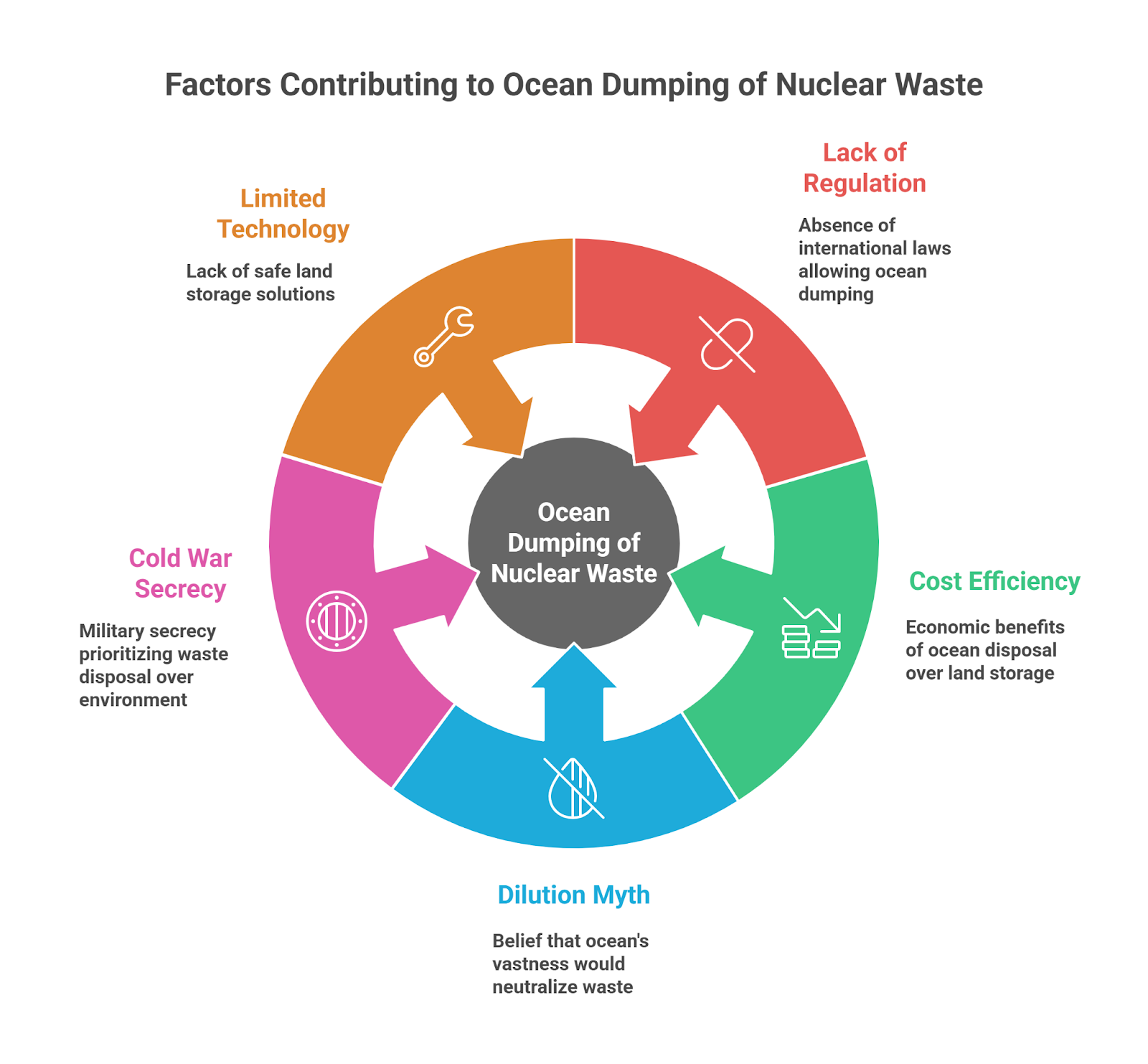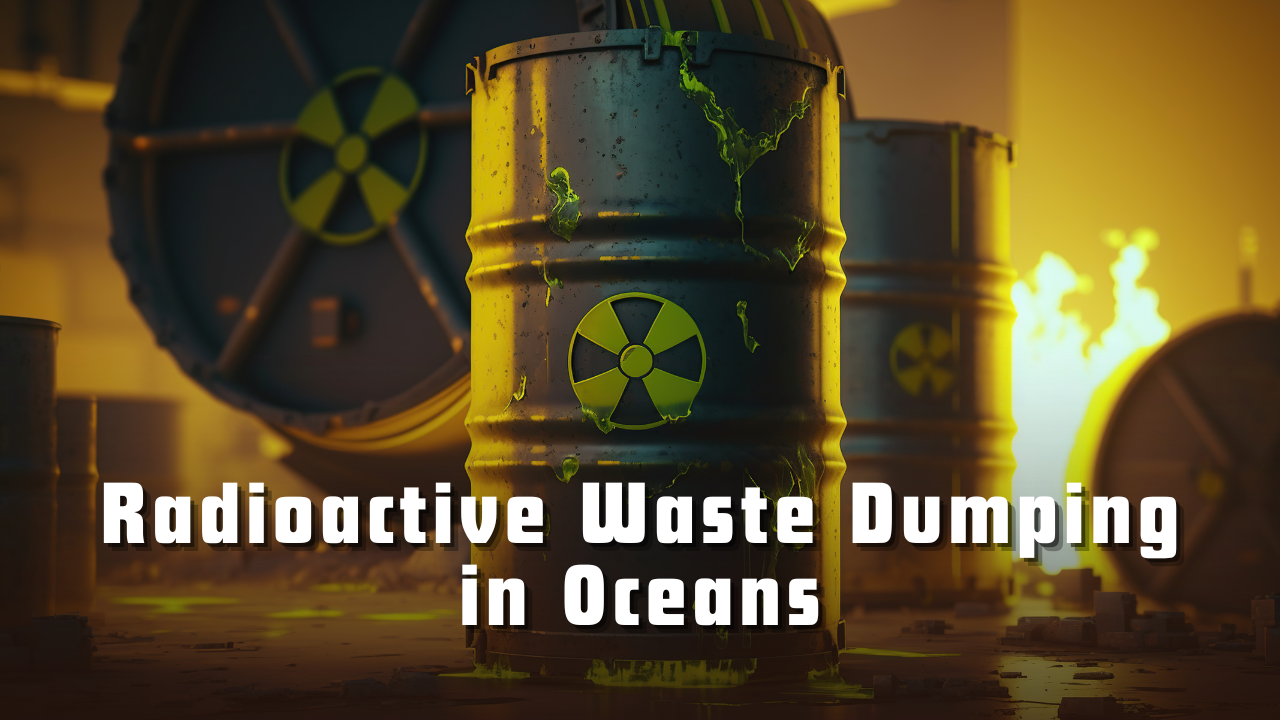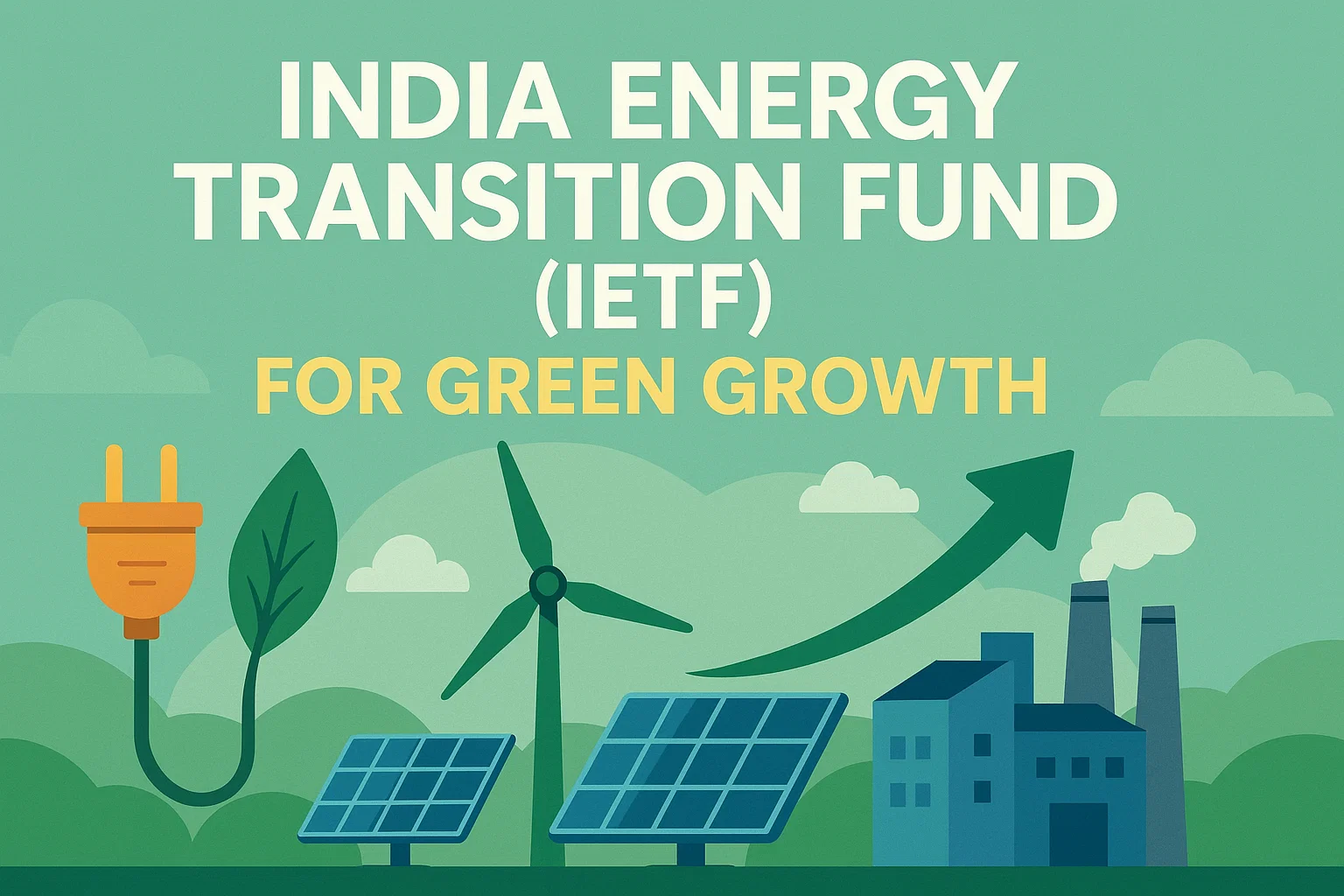Font size:
Print
Radioactive Waste Dumping in Oceans
European nations dumped 200,000 barrels of radioactive waste in the ocean, and humans might soon pay the price
Context: The dumping of over 200,000 barrels of radioactive waste by European nations into the ocean between 1946 and 1993 is a haunting reminder of how short-term convenience can lead to long-term ecological and health consequences.

What are the implications of nuclear waste in oceans?
While the barrels may have been designed to slowly release their contents, many are now decades past their lifespan. The consequences are serious:
- Ecological Impact:
-
-
- Bioaccumulation: Radioactive isotopes like caesium-137 and strontium-90 enter marine food chains via plankton and fish.
- Sediment contamination: Waste containers corrode over time, releasing isotopes into seabeds.
- Genetic mutations: Long-lived isotopes like plutonium can alter DNA in marine organisms.
-
- Human Health Risks: Consumption of contaminated seafood may lead to cancer, organ damage, and thyroid disorders. Coastal communities face higher exposure risks, especially near historic dumping zones.
- Global Spread: Ocean currents can carry radioactive particles across continents. Fallout from incidents like Fukushima has shown how quickly contamination spreads.
How can nuclear wastes be processed?
Modern nuclear waste management is far more sophisticated and safety-focused:
- Processing Stages (IAEA Framework):
-
-
- Pre-treatment: Sorting, size reduction, and decontamination.
- Treatment: Techniques like incineration, evaporation, and chemical separation are used to reduce volume and toxicity.
- Conditioning: Immobilising waste in cement, bitumen, or glass (vitrification) for safe storage.
-
- Advanced Innovations:
-
-
- Accelerator-driven systems: Use particle beams to transmute waste into less harmful isotopes
- Tritium recovery: Some researchers propose extracting tritium from waste for use in fusion reactors
- Deep geological repositories: Long-term storage in stable rock formations, like Finland’s Onkalo facility
-
- International Oversight: Treaties like the London Convention, Basel Convention, and MARPOL now prohibit ocean dumping. The IAEA and OECD-NEA monitor compliance and promote safe disposal standards.
Subscribe to our Youtube Channel for more Valuable Content – TheStudyias
Download the App to Subscribe to our Courses – Thestudyias
The Source’s Authority and Ownership of the Article is Claimed By THE STUDY IAS BY MANIKANT SINGH




